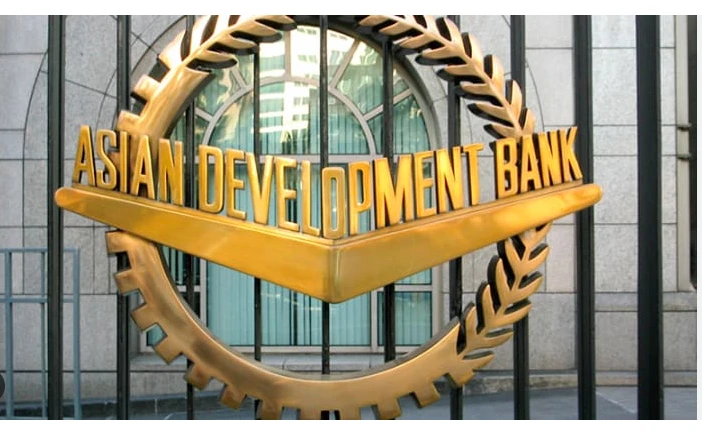Pakistan’s GDP to grow, inflation to ease in current fiscal year: ADB

Stay tuned with 24 News HD Android App

Pakistan’s gross domestic product (GDP) growth is projected to have recovered modestly to 2.4 percent in fiscal year 2024 and should grow further by 2.8 percent in fiscal year 2025 accompanied by a decline in inflation, said the Asian Development Bank (ADB), reported 24NewsHD TV channel.
Pakistan’s economic growth rebounded in fiscal year 2024 (ended 30 June 2024), supported by higher domestic consumption from increased agriculture income and workers’ remittances, the Asian Development Bank (ADB) said in a report released on Wednesday.
According to the Asian Development Outlook (ADO) September 2024, an update to ADB’s flagship economic publication, Pakistan’s gross domestic product (GDP) growth is projected to have recovered modestly to 2.4 percent in FY2024 and should grow further by 2.8 percent in FY2025 accompanied by a decline in inflation. Adhering to the country’s economic reform program will be critical to strengthening macroeconomic stability and the continued recovery of growth, even as downside risks remain.
“Pakistan’s economic prospects are closely tied to the steadfast and consistent implementation of policy reforms to stabilize the economy and rebuild fiscal and external buffers,” said ADB Country Director for Pakistan Yong Ye. “It is imperative that Pakistan continues to consolidate public finances, expand social spending and protection, reduce fiscal risks from state-owned enterprises, and improve the business environment to encourage growth led by the private sector.”
In FY2025, the implementation of the economic adjustment program is expected to support economic activity by providing a more stable macroeconomic environment. To rebound, private investment would need more favorable macroeconomic conditions, including easier access to foreign exchange, which would also benefit manufacturing and services. Agriculture, however, is projected to slow.
Average headline inflation slowed to 23.4 percent in FY2024 from 29.2 percent in FY2023. Inflation remained elevated in the first half of FY2024 but subsided afterward, particularly during the fourth quarter. This reduction was mainly attributed to a decline in food price inflation, which was driven by increased agricultural production.
Inflation is expected to ease further to 15 percent in FY2025 due to the implementation of a well-regulated monetary policy, reduced exchange rate volatility, and a stable outlook for international food prices.
Reporter Waqas Azeem
